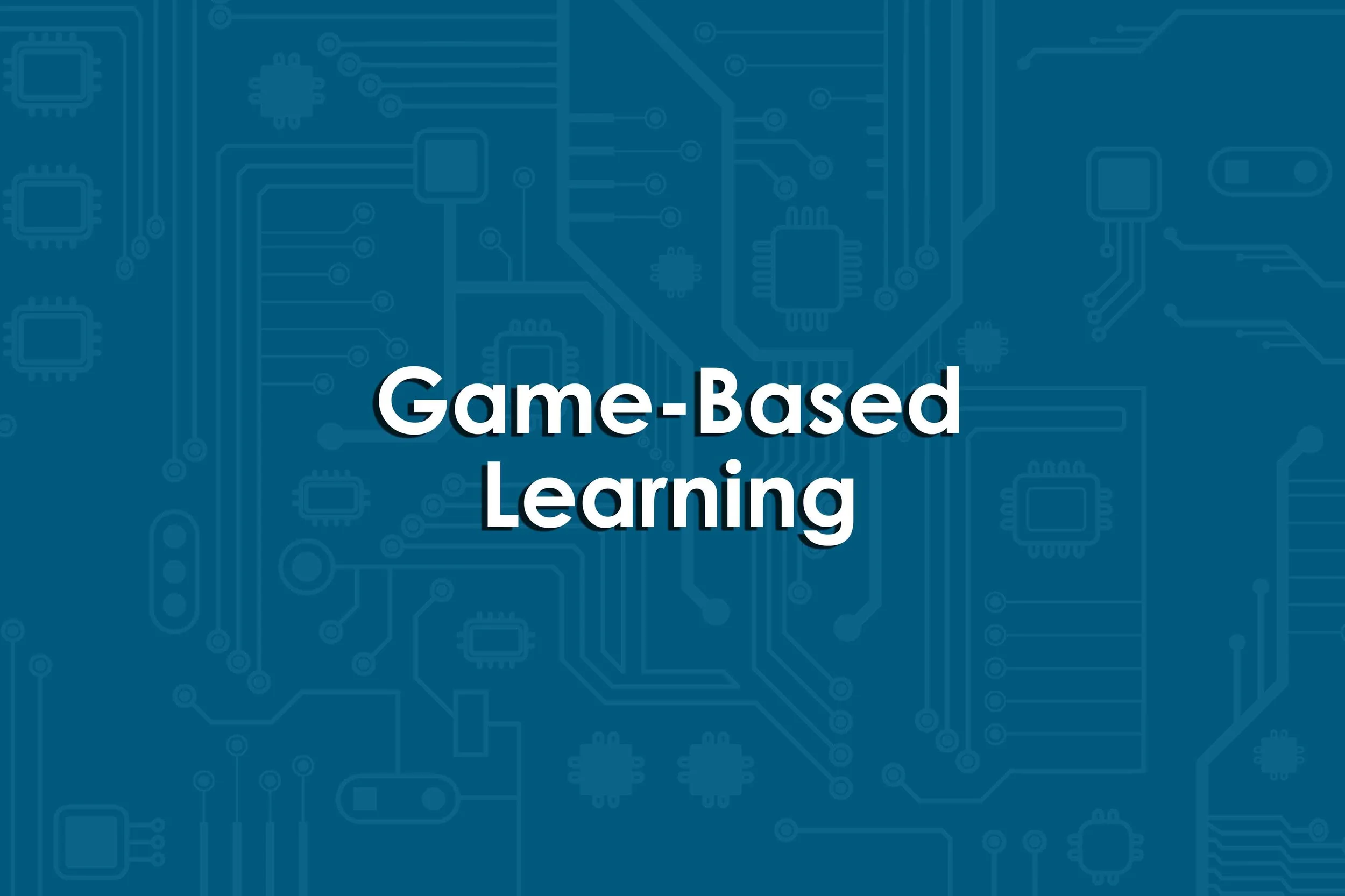At the Calcalist Gaming Conference, Yael Hakshurian, head of practical studies at Kibbutzim College’s School of Design, presented two educational game projects developed in response to the October 7 events.
Read MoreBoard games have become hugely popular in France, making it the leading European market for tabletop gaming. This boom is fueled by a strong cultural tradition, a dynamic creative industry, and widespread social engagement.
Read MoreHaven Academy is an interactive role-playing game developed by UChicago students and faculty to introduce incoming undergraduates to university life, the Core curriculum, and the Chicago Principles of free expression. Set across five fictional islands representing academic disciplines, the game combines storytelling, puzzles, and collaborative problem-solving to foster open discourse and critical thinking.
Read MoreThe University at Albany is launching two new programs in Fall 2025—a B.S. in Game Design and Development and an M.S. in Strategic Game Design and Applied Development—aimed at preparing students for careers in the growing gaming industry.
Read MoreThe music industry's competitive culture has evolved, with fandoms now playing a significant role in influencing an artist's success. In the past, fans mainly supported their favorite artists, but today, they manipulate streaming data, chart rankings, and sales to boost their idols' visibility.
Read MoreThe P vs. NP problem in computer science revolves around whether problems whose solutions are easily verified (NP) can also be efficiently solved (P). NP-complete problems, such as Sudoku, the traveling salesperson problem, and protein folding, are at the heart of this mystery.
Read MoreAI is revolutionizing the gaming industry by enhancing NPC interactions, creating expansive worlds, and enabling adaptive storytelling. NPCs now evolve based on player interactions, making games feel more immersive. Procedural world-building powered by AI allows developers to generate vast, dynamic environments.
Read MoreSvitlana Rumiantseva, head of mobile game development at Innovecs Games, emphasizes the importance of adapting game design for global audiences, considering cultural differences in narrative, art, technology, and community strategies.
Read MoreGame-based learning (GBL) uses games or game-like elements to engage learners and enhance motivation, promoting knowledge retention. It combines digital games, simulations, board games, and role-playing scenarios to teach concepts, develop skills, and foster critical thinking.
Read MoreMichelle Kong's LA Chess Club grew from a small group to 500 members after she promoted it on social media. As young people seek ways to combat loneliness and digital overload, board games like chess, backgammon, and mahjong have surged in popularity.
Read MoreIn a flipped classroom, the instructor introduced a virtual escape room where students, acting as detectives, applied their learning to solve puzzles and investigate a crime scene. The game, aimed at making statistics engaging for non-majors, fostered peer learning and social interaction in a large class, particularly beneficial after remote learning during the pandemic.
Read MoreEducational games play a crucial role in early childhood education, blending fun and learning to support cognitive, social, and emotional development in children aged 5 to 7. These games foster skills like problem-solving, creativity, and communication.
Read MoreDuolingo uses passive-aggressive reminders, such as sad owl images and guilt-inducing messages, to encourage users to stay engaged with the language-learning app. While this strategy has faced criticism for upsetting some users, especially children, it has proven effective in maintaining daily engagement, with over 24 million active users.
Read MoreCity of Six Moons is an innovative board game where players must decipher the rules, written entirely in symbols and icons, before playing. Created by Amabel Holland, the game explores the development of an alien civilization and challenges players to engage with complex systems through interpretation.
Read MoreMizo Games, a Taiwanese company, has launched a new board game, 2045, which simulates a fictional Chinese invasion of Taiwan set in the near future. Players assume various roles, including military commanders and resistance fighters, over the 10 days leading up to the attack.
Read MoreGame jams, typically short events where participants create games, are popular both for professional developers and hobbyists. These events foster creativity, skill-building, networking, and teamwork. Recently, a shift toward purposeful game jams has emerged, focusing on topics like education, industry commentary, or sustainability.
Read MoreThis article explores how behavioural economics enhances serious game design by aligning gameplay with real human behavior—emotions, biases, and social influences. It emphasizes balancing extrinsic rewards with intrinsic motivation to drive engagement, learning, and lasting change. Thoughtful design creates meaningful, realistic experiences that go beyond play to inspire transformation.
Read MoreThe video game industry is finally addressing player safety amid rampant online harassment and toxic behavior. A significant portion of gamers have experienced or witnessed hate speech, sexual harassment, and doxxing. Efforts to improve safety include industry-wide self-regulation and new governmental regulations, such as the European Union’s Digital Services Act.
Read MoreDuolingo's mascot, Duo the Owl, dons a Pink Guard uniform and motivates users with humorous but firm reminders to complete lessons. The campaign also features a suspenseful teaser, a K-pop remix, and challenges, encouraging fans to learn Korean while having fun with the series.
Read MoreDesigning a great strategy game involves balancing unpredictability and fairness. A new framework, "A Flexible Generalized Probability Core and Quantitative Strategy Analysis for Game Design," aims to help game designers strike this balance by using mathematical tools to control randomness in gameplay.
Read More




















